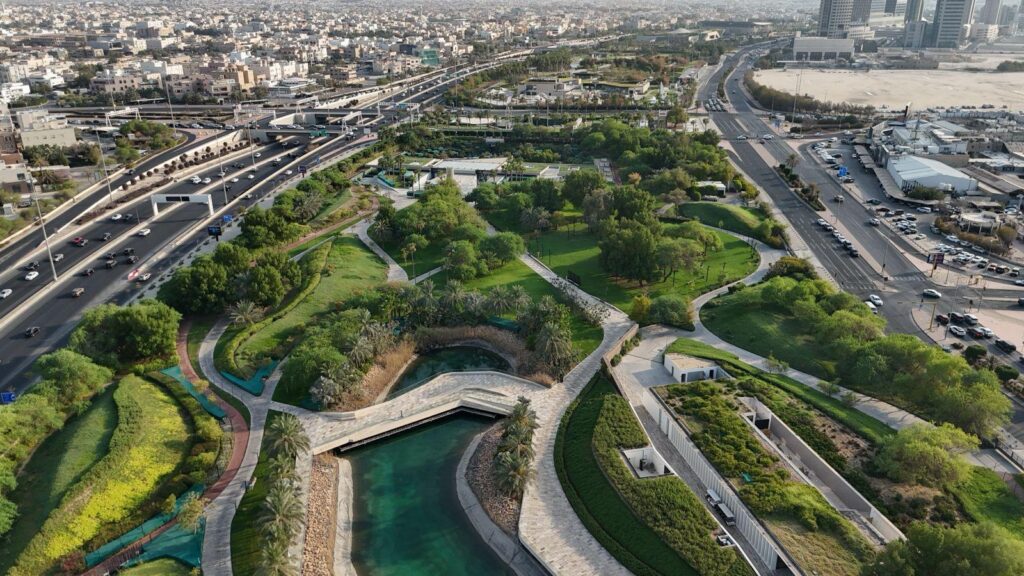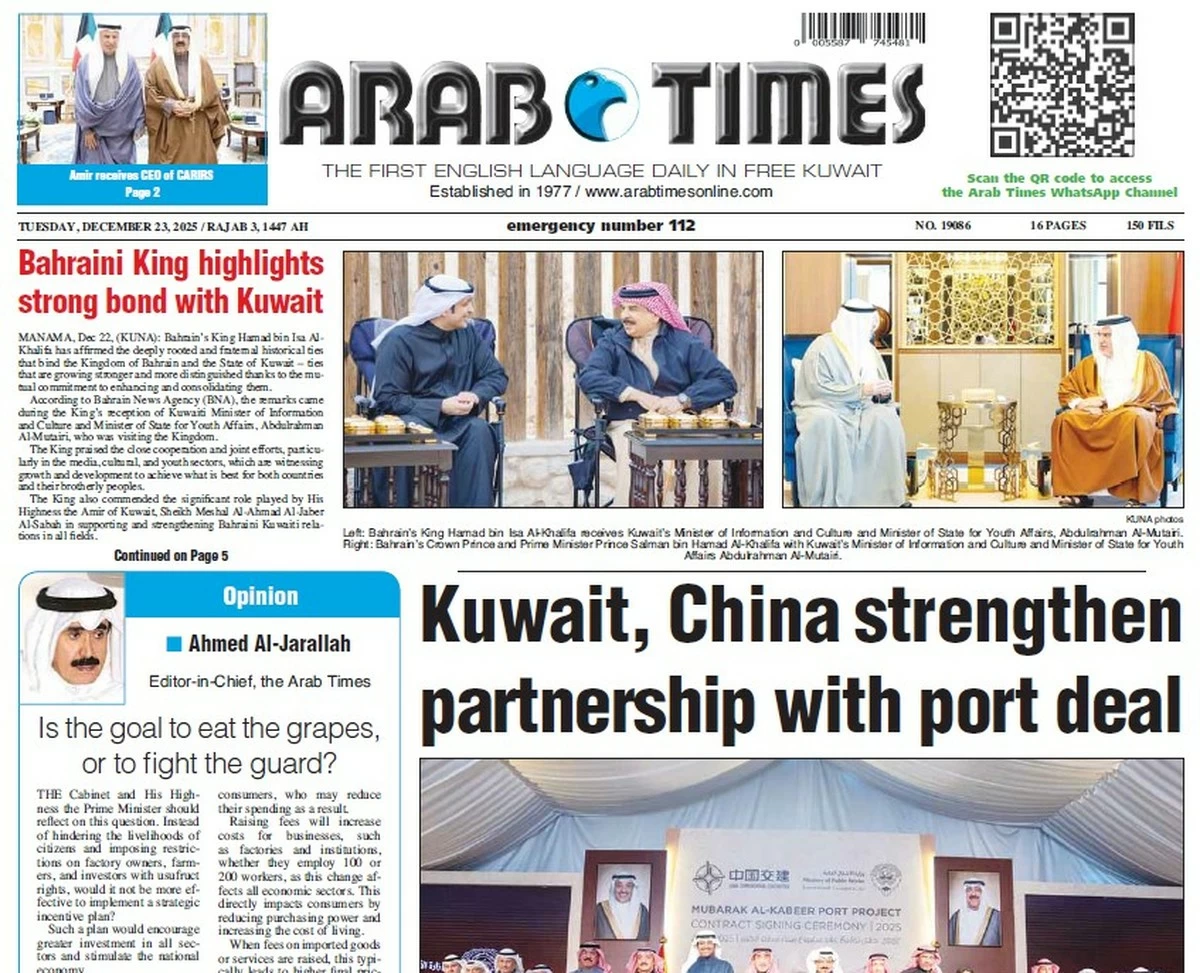31/07/2024
31/07/2024

KUWAIT CITY, July 31: In a renewed commitment to environmental sustainability, Kuwait is advancing several key projects aimed at enhancing green spaces and promoting eco-friendly urban development. This follows historical precedents set by the 1933 CIAM conference in Athens, which later led to the publication of the Athens Charter by French architect Le Corbusier in 1943. The charter emphasized the integration of green elements into urban planning, setting the stage for modern environmental efforts.
Since then, global efforts have intensified to address environmental challenges exacerbated by the Industrial Revolution and the World Wars. Annual climate conferences since 1995 have aimed to develop strategies to combat these issues. Kuwait has consistently supported international, regional, and Gulf environmental initiatives, reaffirming its commitment through its "New Kuwait 2035" vision, which prioritizes sustainable living environments.
As part of its commitment, Kuwait is implementing a range of projects to expand green areas, improve vegetation cover, establish nature reserves, and support ecotourism. The country is also aiming to achieve carbon neutrality by mid-century, which is expected to yield significant environmental and economic benefits for future generations.
At the second Middle East Green Initiative Summit in Sharm El-Sheikh in November 2022, Kuwait underscored its dedication to the initiative’s goals, marking a pivotal moment for climate action and regional cooperation. The environmental agenda remains a top priority for Kuwaiti government programs, focusing on reducing pollutants, addressing climate change, and conserving resources.
The 2024/2025 annual development plan includes creating environmentally harmonious living areas that align with sustainable resource use and pollution reduction. Key policies include the construction of green cities, implementation of green building principles, and adoption of smart technologies.
The fourth master plan for Kuwait 2040 supports green building initiatives, promoting healthier urban living. Established in 2009, the Kuwait Green Building Council aims to accelerate the shift towards greener urban environments through the widespread adoption of green building practices.
The Public Authority for Agriculture Affairs and Fish Resources is actively developing Kuwait’s green cover, planting new vegetation, and expanding ornamental agriculture. Afforestation efforts extend to the northern and southern borders, with plans to plant trees suited to the Kuwaiti environment and increase greenery in public spaces.
Recent statistics from the Authority reveal substantial progress: 179 parks covering nearly 2.7 million square meters have been established, with approximately 462,000 trees and 2.1 million shrubs planted. Efforts also include cultivating mangroves to absorb carbon dioxide and rehabilitating natural and coastal areas.
Kuwait’s investment in afforestation, ornamental agriculture, and public parks reflects a strategic vision to combat desertification, enhance vegetation cover, and promote sustainable development. National community initiatives and government-backed programs continue to advance Kuwait’s environmental goals, fostering a balanced and aesthetically pleasing urban environment.


